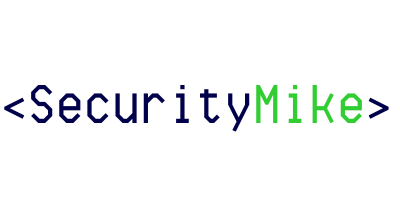Introduction
The digital age has brought about significant challenges in maintaining the integrity of elections worldwide, particularly due to the rise of online misinformation and disinformation. As we approach upcoming elections, understanding the impact of these deceptive practices is crucial. This article not only explores the nature and impact of misinformation and disinformation on the electoral process but also delves into relevant case studies and expert opinions to provide a comprehensive view of this critical issue.
The Nature of Online Misinformation and Disinformation
Misinformation is the inadvertent spread of false information, while disinformation is the intentional dissemination of falsehoods to deceive or manipulate public opinion. In elections, these tactics can mislead voters, suppress turnout, and undermine the credibility of the electoral process.
Impact on Elections
Misinformation and disinformation can lead to voter suppression by spreading false voting information, creating confusion among voters about procedures, and manipulating public opinion, thereby altering election outcomes. The American Psychological Association (APA) emphasizes the complexity of countering political misinformation.
- 2016 U.S. Presidential Election: Russian operatives from the Internet Research Agency engaged in voter suppression by posing as Americans and posting deceptive messages and ads on social media, targeting specific demographic groups like African Americans with messages to boycott the election or vote for third-party candidates.
- 2018 Midterm Elections: False voting information was widespread on social media, including claims about voting by text and threats about law enforcement actions at polling places. According to Young Mie Kim, an expert on digital political communication, these tactics exemplify the evolution of voter suppression into the digital realm, where misinformation can be spread instantaneously and anonymously.
Mitigating the Threat
Election officials, internet companies, and the federal government must work together to combat these threats. This includes publicizing accurate information, building trust in official sources, and enacting laws to prevent deceptive practices and voter intimidation.
Conclusion
The rising threat of online misinformation and disinformation poses a significant challenge to the integrity of upcoming elections. Understanding the nature of these threats, being informed by case studies and expert opinions, and implementing effective mitigation strategies are essential to safeguarding the electoral process.
References
- American Psychological Association. “This election year, fighting misinformation is messier and more…” APA.org, 2023. https://www.apa.org/news/press/releases/2023/01/misinformation-messier
- CSO Online. “Social media’s role in spreading U.S. election disinformation in the…” CSOonline.com, 2023. https://www.csoonline.com/article/3643988/social-media-s-role-in-spreading-us-election-disinformation-in-the-2020s.html
- New America. “How Platforms are Addressing Misinformation and Disinformation Ahead of…” NewAmerica.org, 2023. https://www.newamerica.org/oti/reports/how-platforms-are-addressing-misinformation-and-disinformation-ahead-2022-midterms/
- MSU Today. “Ask the Expert: How do misinformation and disinformation influence…” MSUtoday.msu.edu, 2023. https://msutoday.msu.edu/news/2021/ask-the-expert-how-do-misinformation-and-disinformation-influence-us
- Poynter. “How will social media platforms respond to election misinformation? It…” Poynter.org, 2023. https://www.poynter.org/fact-checking/2021/how-will-social-media-platforms-respond-to-election-misinformation-it-depends/
- Brennan Center for Justice. “Digital Disinformation and Vote Suppression | Brennan Center for Justice.” BrennanCenter.org, 2023. https://www.brennancenter.org/our-work/research-reports/digital-disinformation-and-vote-suppression.


Pingback: Cybersecurity for Freelancers: Protecting Your Digital Nomad Lifestyle - SecurityMike